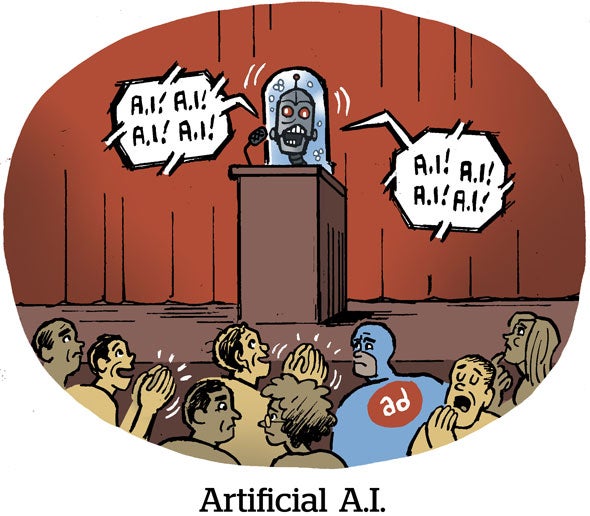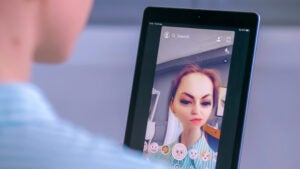Poetic License
A class-action lawsuit was filed this week against French game studio Ubisoft for its decision to drop all access to The Crew, an online game people have to buy, but which also includes microtransactions. [H/t to Rob Freund.]
Imagine buying a pinball machine, begins the suit, only years later to discover that its creator had returned to “gut the insides of the pinball machine, and remove your ability to play the game that you bought and thought you owned.” [Emphasis theirs.]
The class-action justification hinges on false advertising claims. According to the suit, players believed they were buying a video game, “when in reality, consumers were only obtaining a license to use the game.”
To “further rub salt in the wound,” Ubisoft is not refunding microtransactions or purchases, and it also shut down the single-player offline version of the game.
The focus on false advertising is notable because the law is ill-equipped to deal with cloud-based and online media ownership rights. When it comes to music, movies, TV, books and even cars, people believe they own an object – but in many cases only have a license to access content.
The New Regulatory Patchwork
Security experts expect President-elect Donald Trump’s administration to take a light approach to regulating AI, TechCrunch reports. Trump could also fulfill a campaign promise to roll back President Joe Biden’s AI protections on Day One of his presidency.
Biden signed a wide-ranging executive order on AI in October 2023 that establishes government oversight of AI developments. It requires AI companies to report to the government on how they’re training their models and to flag risks during internal testing.
That framework could be dismantled with a stroke of President Trump’s pen. But, while Trump is likely to pull back Biden’s executive order, it’s not clear what, if anything, could replace it. Pundits say the Trump administration is likely to rely on existing laws (not including Biden’s order), rather than establishing new federal AI law.
As with privacy, it may become a state-by-state patchwork affair. Colorado, Tennessee and California all rolled out new AI laws this year.
Big Brother Is Watching
Well, at least some liberals enjoyed part of their election night experience.
In October, NBCUniversal announced it would bring Peacock’s Multiview feature from the 2024 Paris Olympics to its election night reporting.
Among the offerings teased was the “Kornacki Cam,” which, per NBC’s press release, promised “informative election night analysis” from political correspondent and unconventional media heartthrob Steve Kornacki.
It turned out to be a live feed trained on Kornacki for the entire eleven hours of programming. He’d present his map to the camera for MSNBC’s actual broadcast, and then another oddly mounted, vertical camera would watch him shuffle papers and drink coffee on his desk – “like a classroom gerbil on display,” one X user noted.
But despite the indignity of this one-man “Big Brother” feed, viewers loved it, Adweek reports. Although TV news audiences were down overall compared to 2020, when Kornacki first gained popular attention for his live data-crunching, the YouTube feed logged more than 9 million viewers.
Kornacki’s unlikely popularity would be difficult to intentionally replicate, of course. But expect other networks to put this kind of nonstop filming into practice next time a big news event rolls around, election or otherwise.
But Wait! There’s More!
What’s driving increased adoption of Amazon’s DSP. [Digiday]
Ever voted in America? This site can tell people exactly where you live. [404 Media]
Two weeks after blocking The Washington Post’s endorsement of Kamala Harris, Jeff Bezos tweets at Donald Trump to congratulate him on his “extraordinary comeback.” [Variety]
How AI search engine Perplexity went all in on election information – and what protections it and other AI search platforms put in place to avoid misinformation. [Wired]
Should marketers be asking harder questions of their brand safety and ad verification partners? [Digiday]












